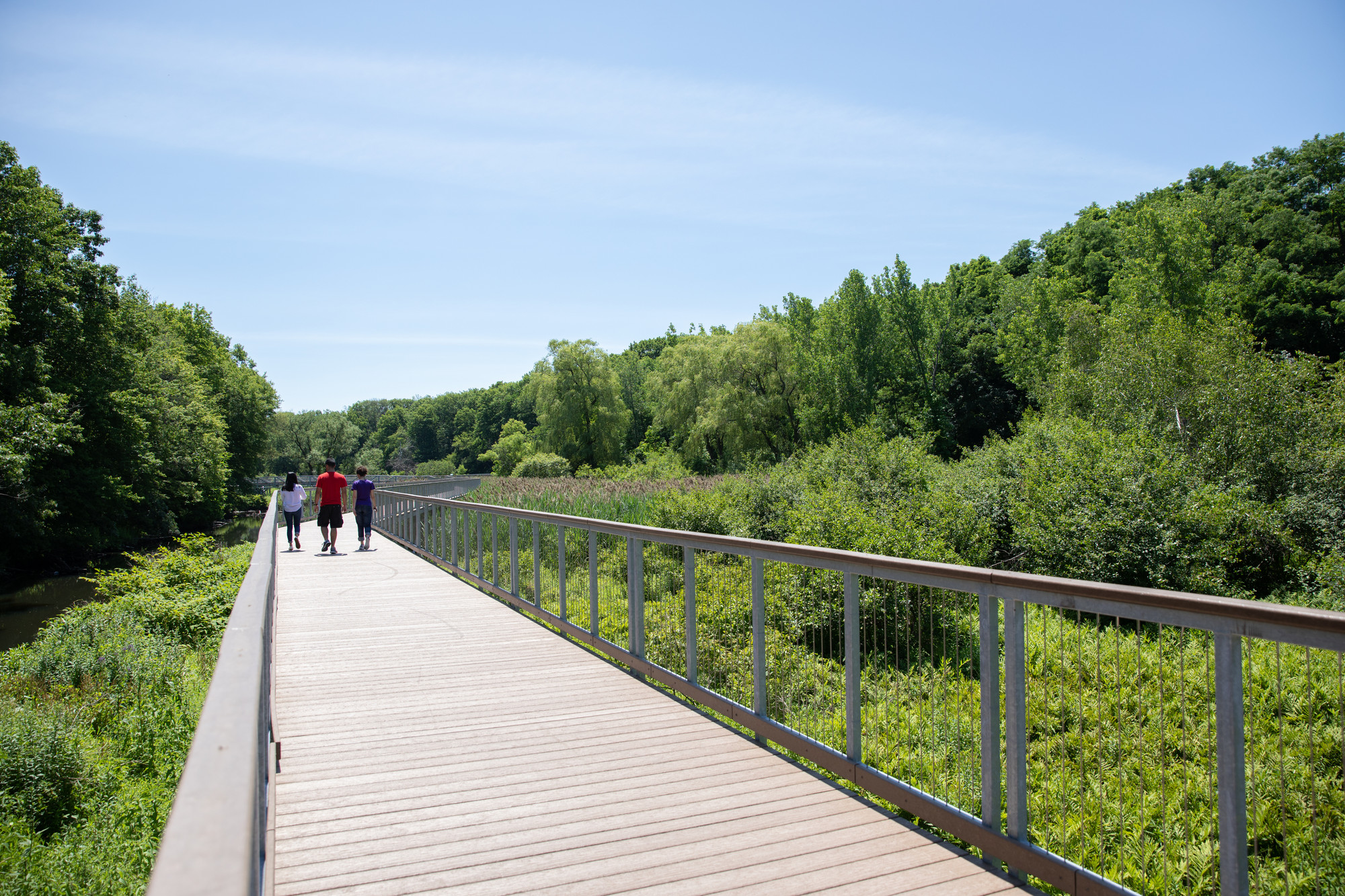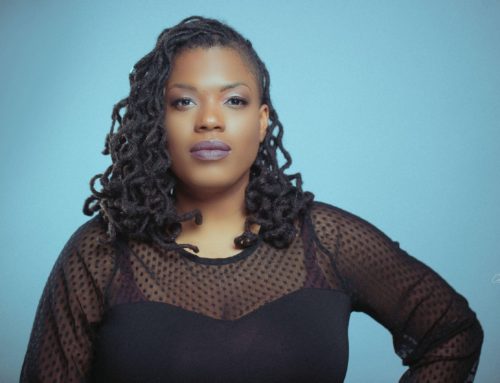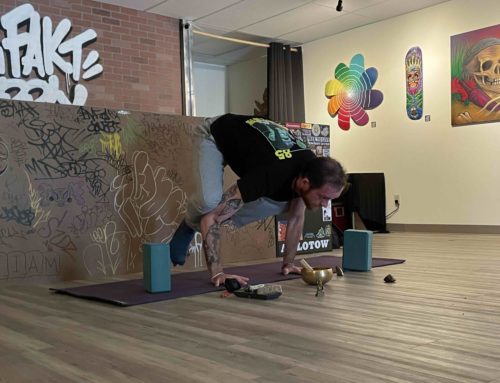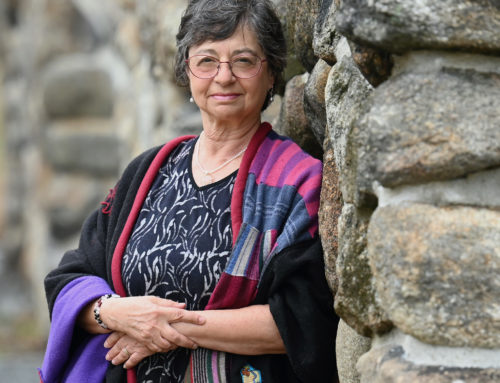Worcester — A documentary that explores the sites once belonging to the Nipmuc people that are now part of Holy Cross’ campus debuted in November.
Holy Cross held a screening of ‘Pakachoag: Where The River Bends’ on Nov. 10 in Rehm Library. The documentary was produced by Holy Cross’ staff, students and Fred Freeman, the chairperson of the Nipmuc Cultural Preservation, Inc. A recording of the premiere including opening remarks from Holy Cross’s President Vincent Rougeau, the documentary itself and a follow up discussion can be viewed here.
According to a release from Holy Cross written by Julia Maher ’23, in the documentary, Thomas Doughton, a senior lecturer of interdisciplinary studies at the college, and Colin Novick, an environmental historian from the Greater Worcester Land Trust, lead viewers on a walking tour of important Nipmuc sites on the college campus.
For instance, the Nipmuc used to drink from a high stop atop Pakachoag Hill because it had a good line of sight. This spot was eventually covered with a barn in the 1930s. In addition, The Luth Athletic Complex was built atop John Eliot’s Rock, which, according to the release, was where the Reverend John Eliot, a Puritan missionary, once preached to the Nipmuc people in the late 17th century.
“The film is about social justice—it seeks to make visible indigenous peoples of the Worcester area—as well as their lives today and connections to this place, connections that date back to long before European settlement here,” said Sarah Luria, a professor of English and environmental studies who worked on the documentary.
The film documents the history of the college from the purchase of the land on Pakachoag Hill by Father James Fitton and Bishop Benedict Joseph Fenwick, S.J., to the relations the college had with the Nipmuc people. Holy Cross was founded in 1843.
“This film marks and acknowledges this campus’s existence on the traditional lands of the Nipmuc people, as well as the involvement of the Society of Jesus in the lives of Native Americans from this region,” Holy Cross President Rougeau said at the documentary’s screening.







Leave A Comment